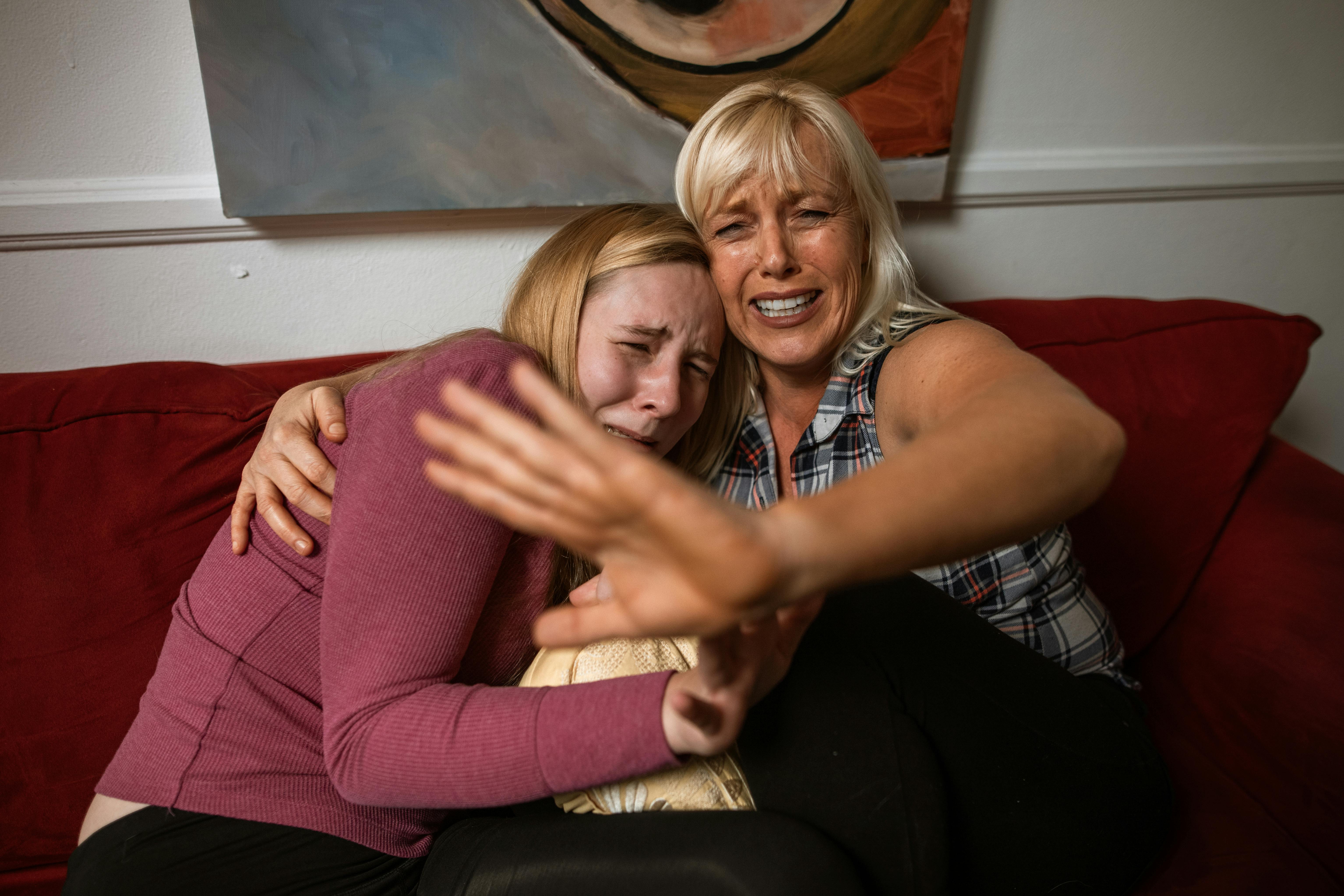Bullying has reached outrageous proportions in and out of school. I have a lot of experience with bullying, having been a parent educator for 25 years and a teacher and school administrator for 30. I am also the parent of 4 near bully-proof children (now adults).
I have studied the characteristics of children who do No bullied or who are able to avoid the attention of bullies, so-called bully-proof children. This is what I have discovered.
First, bully-proof kids have a strong sense of self.. They know what they are good at and what interests them. They don’t spend a lot of energy trying to be something they are not: cool, strong, popular, etc. This sense of self develops in homes and classrooms that share the following characteristics:
o Children are encouraged very early and continuously to experiment emotionally and socially AND are supported to reflect and discover what works and what doesn’t work in social situations, rather than being told how to behave. Their parents and teachers are there for them, loving and listening, when things are going well and when social disasters strike. Parents do not project their own social fears onto their children, but instead encourage children to find their own social solutions and their own sense of power and compassion in social situations.
o Children also receive support to experiment with their interests and support to do the things they like and are good at instead of being pushed into activities that only satisfy adults.
Second, bully-proof kids don’t care too much about what the bully thinks of them. Your ego is not involved. A bully can only bully if he or she can ignite an emotional charge in the victim, a fear, or a sense of humiliation or shame. If the potential victim of bullying has nothing to be ashamed of and knows that there are resources (for example, adults) that will help keep them safe from an actual attack, there is no “juice” in bullying. Children who grow up without shame are the ones who are heard and respected in their families. Too often we help create victims as children when we belittle, minimize, ignore, belittle, or patronize our children when they are young and view their interests and discoveries as pretty and is not worthy of our respect and reverence.
Third, bully-proof kids have a support system, other friends, and/or adults they can count on to love them no matter what. Too many children don’t feel that they can count on their parents and teachers to love and understand them because we have decided that our role as parents/teachers is to start a campaign to change our children from day one. We apply all kinds of pressure, sometimes aggressively, sometimes lovingly, to shape and mold our children into our image of how we think they should be because it is more convenient for us than dealing with their childish interests, emotions, and behaviors. We say we are preparing them for the future, but in doing so we lose sight of how much we are losing in the present.
Children and adolescents who are being bullied can be taught to turn it around, but it takes dedication and a lot of soul searching on the part of the adults who are helping them: a willingness to see our responsibilities regarding how, perhaps without realizing it, we have taught our children to be victims, bullies and bystanders who do not speak or help.
